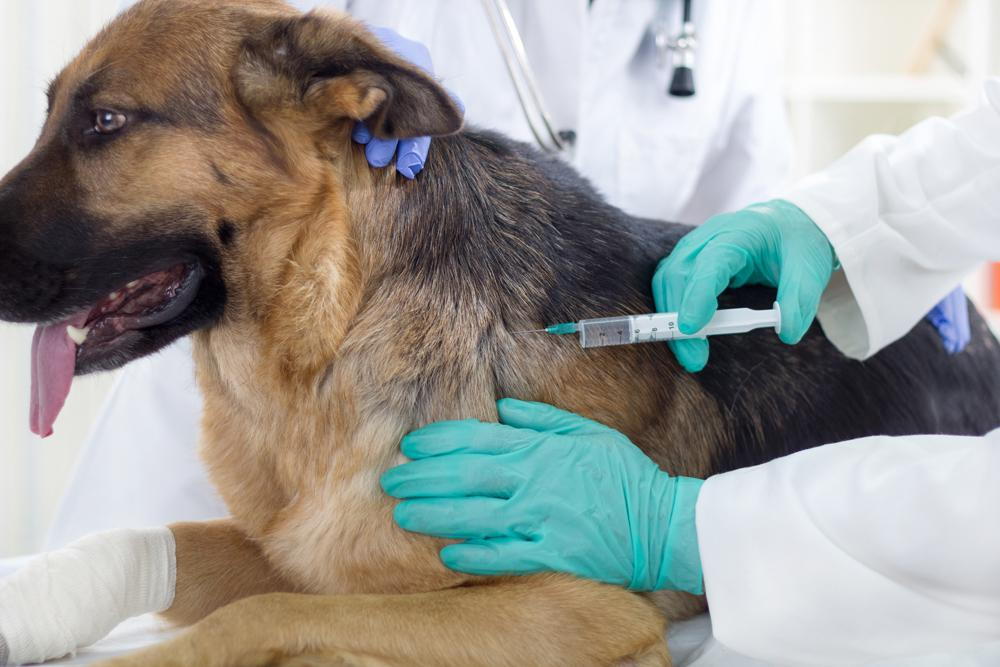Parvo FAQs

- posted: Mar. 25, 2024
Answering Your Parvo FAQs
Canine parvovirus, or parvo, is a highly contagious and potentially deadly virus that pet owners have many questions about. The veterinarians at Fairway Knolls Veterinary Hospital in Bloomington, IL, are here to answer frequently asked questions about parvo to help you protect your pet’s health and well-being.
What Are the Signs of Parvo?
Signs of parvo include lethargy, loss of appetite, vomiting, diarrhea, and bloody or mucus-filled stool. Your pet can also experience a fever, dehydration, and rapid weight loss. These symptoms often worsen and become life-threatening without prompt treatment.
How Do Dogs Get Infected With Parvo?
Unvaccinated dogs often get parvo by coming into contact with an infected dog’s stool or vomit. The virus lives in the environment for months, so yards, sidewalks, and parks can easily transmit parvo from one dog to another through contact with contaminated soil or feces.
Is Parvo Always Deadly?
Although intensive veterinary care improves survival rates, parvo can still cause death in roughly 10% of dogs. That said, untreated dogs with parvo have a 90% mortality rate. Quick action at your animal hospital is crucial for preventing death. Treatment within the first two or three days of parvo contamination provides the best chance of survival and complete recovery.
What Is the Treatment for Parvo?
Dogs with parvo require hospitalization for supportive treatment, which includes:
• Fluid therapy and anti-nausea medication
• Electrolyte supplementation
• Antibiotics for secondary infections
• Medications to control vomiting and diarrhea
• Warmth and proper nutrition
How Can You Prevent Parvo?
Vaccinating your puppy is the best way to prevent parvo infection. Puppies receive parvo shots spaced three to four weeks apart, starting at six to eight weeks old. Adult dogs require booster parvo shots every few years. Careful hygiene when taking dogs out can also limit exposure to contaminated feces.
Is It Safe for Dogs to Go Outside if Parvo Is in the Area?
You can manage risks with proper vigilance. Avoid areas where sick dogs may frequent. Do not let dogs sniff feces or put items in their mouths. Wash your dog’s paws after outdoor walks with soap and water. Combining these basic precautions with the parvo vaccine can protect your dog even while parvo is in the area.
Vaccinate Your Pup Against Parvo Today at Fairway Knolls Veterinary Hospital
Vaccines are vital for protecting your dog from deadly diseases like parvo, so call your veterinarian at Fairway Knolls Veterinary Hospital in Bloomington, IL, to vaccinate your pup against this life-threatening disease today. Call us and schedule an appointment at (309) 663-1414 to ensure your dog’s vaccinations are up-to-date.
Location
Find us on the map
Fairway Knolls Veterinary Hospital
612 IAA Dr
Bloomington, IL 61701
